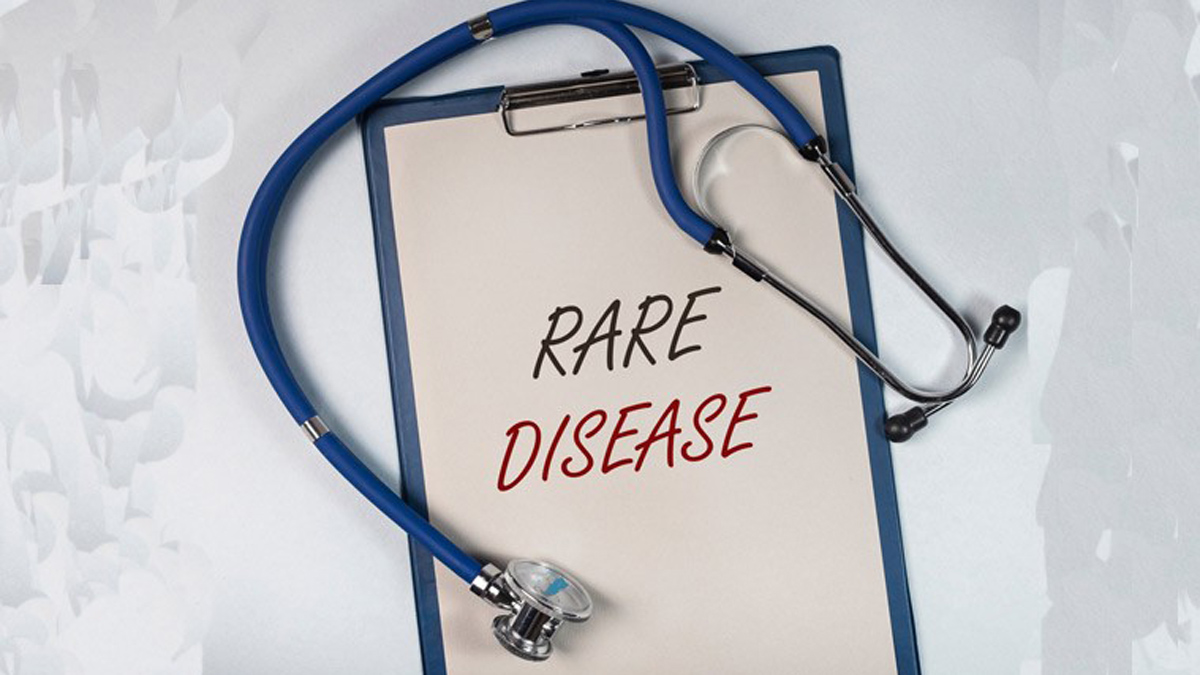In what will come as a major relief for thousands of patients of rare diseases in India, the central government's Ministry of Health and Family Welfare has earmarked a Rs 900 crore for a mega initiative to procure high-value drugs in bulk for certain life-threatening and chronic rare diseases and medicines for their treatment which are highly prohibitive.
This was devised following a nudge by the Delhi High Court, so that patients of rare diseases aren't denied treatment just because of monetary reasons and can effectively reap the benefits of the Centre’s National Policy for Rare Diseases, 2021.
ALSO READ | How Indian pharma uses AI to develop faster and cheaper medicines to treat rare diseases
Cure SMA Foundation of India, a parent-led patient advocacy organisation for Spinal Muscular Atrophy (SMA) in India is now urging the government to take necessary steps to initiate the procurement process as directed by the court within 45 days and pledges its support to help the government agencies in fastening the process.
SMA is a severe, progressive, genetic neuromuscular disease that robs individuals of essential physical abilities, such as walking, eating, and breathing. It is the leading genetic cause of death among children worldwide as well.
While globally approved treatments—Spinraza (Nusinersen), Zolgensma and Risdiplam have transformed the outlook for SMA patients, accessibility in India remained an unfulfilled promise until the approval of Risdiplam by the Drug Controller General of India (DCGI) in 2020. This gave the SMA community in India hope, and today many Indian SMA patients have benefited from this life-saving drug.
“In India, approximately 4,000 children are born with Spinal Muscular Atrophy (SMA) every year, making it a critical, albeit rare, health challenge. This genetic disorder, caused by a mutation in the SMN1 gene, leads to severe muscle weakness, impacting essential functions like movement, swallowing, and even breathing,” said CureSMA's Alpana Sharma.
“Among the three globally available treatments, Zolgensma, Spinraza (Nusinersen), and Evrysdi (Risdiplam)—only Risdiplam is approved for use in the country. We are thankful that this life-saving drug is available in the country, and is giving a new lease of life to SMA patients. All stakeholders including the government, pharma industry and patient groups need to work together to build a sustainable access network so that the treatment reaches more patients in the country. We are very hopeful that a sustainable solution is in sight,” she added.
In a recently held press conference, experts highlighted the measures taken by the state of Kerala in addressing the issues surrounding rare diseases and the challenge of accessing treatments for them.
Kerala’s exemplary model in supporting SMA patients
Kerala, they said, has set an exemplary model in supporting Spinal Muscular Atrophy (SMA) patients through innovative funding solutions and comprehensive care. By leveraging state-level programs like the NPRD fund, Kerala has successfully provided access to life-saving therapies and multidisciplinary care for over 100 SMA patients, including adult patients—a first in India.
The state’s initiatives, such as the KARE program (Kerala United Against Rare Diseases), demonstrate how targeted funding and dedicated care can transform lives, offering hope to families and significantly improving patient outcomes. These impactful measures highlight the potential of national-level programs like the NRDP fund, which, if implemented swiftly, could replicate such successes across the country, ensuring timely access to treatment and care for all rare disease patients.



